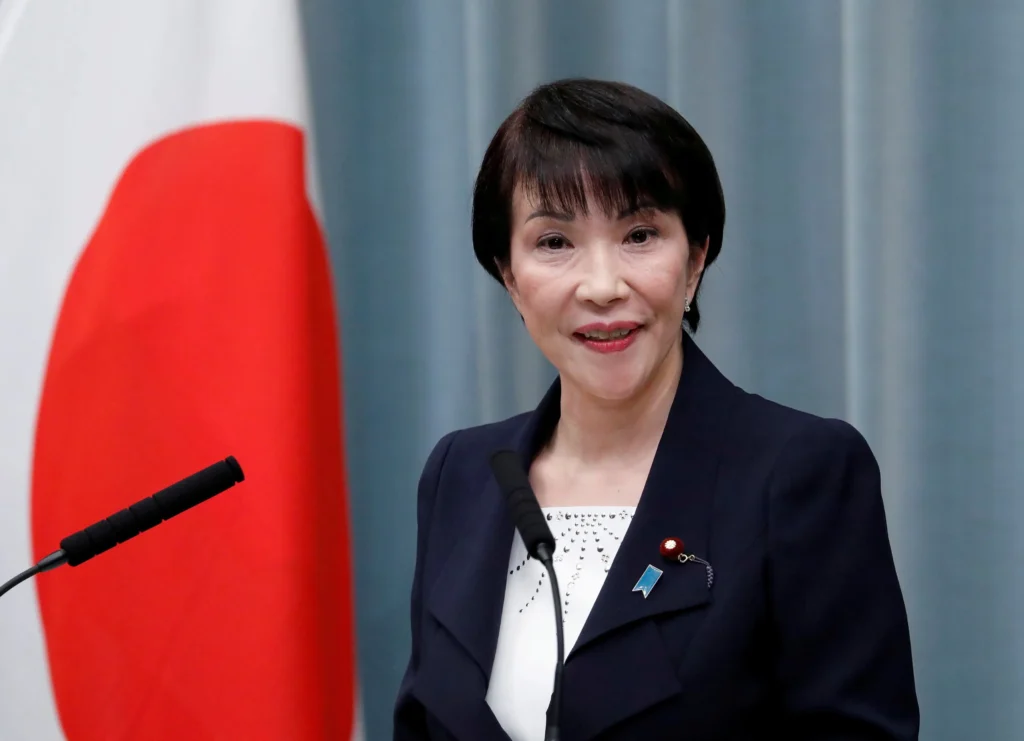Japan’s Economic Security Minister Sanae Takaichi has called on the central bank to maintain ultra-low interest rates, citing concerns that recent rate hikes may hinder the country’s fragile economic recovery.
Takaichi, a top contender in the ruling Liberal Democratic Party’s (LDP) leadership race, expressed her views at a news conference on Saturday. The Bank of Japan (BOJ) had ditched negative interest rates in March and raised short-term rates to 0.25% in July, citing progress toward achieving its 2% inflation target.
However, Takaichi emphasized the need for continued fiscal and monetary support to sustain economic growth. Her remarks follow those she made on her personal YouTube channel on Friday, stressing the importance of maintaining fiscal and monetary support for the economy.
The BOJ’s decision to raise interest rates has been met with skepticism by some, who argue that it may be too early to tighten monetary policy given the fragile state of the economy. Takaichi’s comments are likely to fuel the debate over the appropriate course of action for the BOJ.
The LDP will choose a new leader on September 27, with the winner due to take over as prime minister. Takaichi is emerging as a strong candidate for the leadership, and her views on economic policy are likely to be closely watched.
Other candidates in the leadership race have also weighed in on economic policy. Taro Kono, minister in charge of digitalization, said that boosting expenditure or maintaining generous subsidies won’t necessarily prop up economic growth. Japan must debate how to improve fiscal health, as rising interest rates will increase the cost of funding its huge public debt, Kono said.
Another candidate, Toshimitsu Motegi, said the government could pay for various spending by tapping the huge reserves set aside for currency intervention. While most of the reserves are currently invested in U.S. government bonds, Japan can consider investing part of the funds in other assets to reap better returns, Motegi said.
The debate over economic policy comes as Japan struggles to achieve sustainable economic growth. The country has been plagued by low growth and deflation for decades, and policymakers are under pressure to find a solution.
The BOJ has been at the forefront of efforts to stimulate the economy, using unconventional monetary policies such as negative interest rates and asset purchases. However, the effectiveness of these policies has been questioned by some, who argue that they have had limited impact on the real economy.
As the leadership race heats up, the debate over economic policy is likely to intensify. Whoever wins the race will face significant challenges in reviving Japan’s economy, and their views on monetary and fiscal policy will be closely watched by markets and investors.



